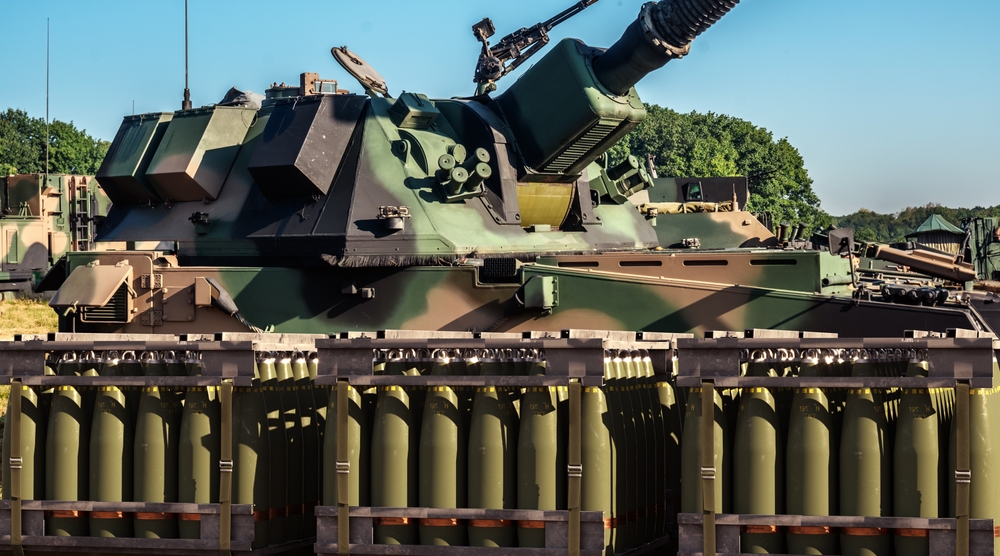Slovakian Deputy Prime Minister and Defense Minister Robert Kalinak has declared a significant expansion in the production of large-caliber ammunition, urgently needed by Ukraine as it defends against the Russian invasion. While the Slovak government publicly denies direct support to Ukraine, ammunition manufactured in Slovakia is being supplied to the Ukrainian military, albeit not free of charge.
Kalinak, a close associate of Prime Minister Robert Fico, stated that next year, Slovakia aims to boost its production of large-caliber ammunition to 200,000 units, up from the 125,000 anticipated this year.
Despite the government’s official stance against arming Ukraine, shells from Slovak factories find their way to the Ukrainian front lines. Minister Kalinak noted that the government lacks total control over the final destinations of these shells, as it is ultimately the buyers who decide their use.
According to Bloomberg, Kalinak argues that the sale of Slovak ammunition to Ukraine, whether directly or through third parties, does not contradict the government’s anti-military aid stance to Kyiv.

Under the previous administration, Slovakia had provided Ukraine with military support, including ammunition, tanks, and S-300 anti-aircraft missile systems, and even sent a squadron of MiG-29 jet fighters.
Since Prime Minister Robert Fico came to power, direct military equipment deliveries from state reserves to Ukraine have been halted. However, he stated that his government would not block supplies of weapons and ammunition from private manufacturers.
“Our political declaration states that we will not provide Ukraine with free military aid because that would mean supporting the conflict,” said 53-year-old Kalinak in an interview. “But we will not restrict defense production if it supports the gross domestic product, as that would harm Slovak interests.”
The defense sector is expected to contribute approximately 2 percent to Slovakia’s economic growth this year, offering a chance to bolster the national economy and public finances, Kalinak remarked.
In Dubnica nad Váhom, where Kalinak spoke, the city was once home to vast ammunition factories serving the Warsaw Pact armies. After the communist bloc’s fall in the 1990s, production plummeted by 90 percent, leading to massive job losses.
However, the recent Russian invasion of Ukraine has revitalized interest in the defense industry, prompting Slovak firms to seek increased production levels. Before the invasion, Slovakia was producing around 20,000 units of 155mm caliber shells annually; now, it aims for a tenfold increase in production.






